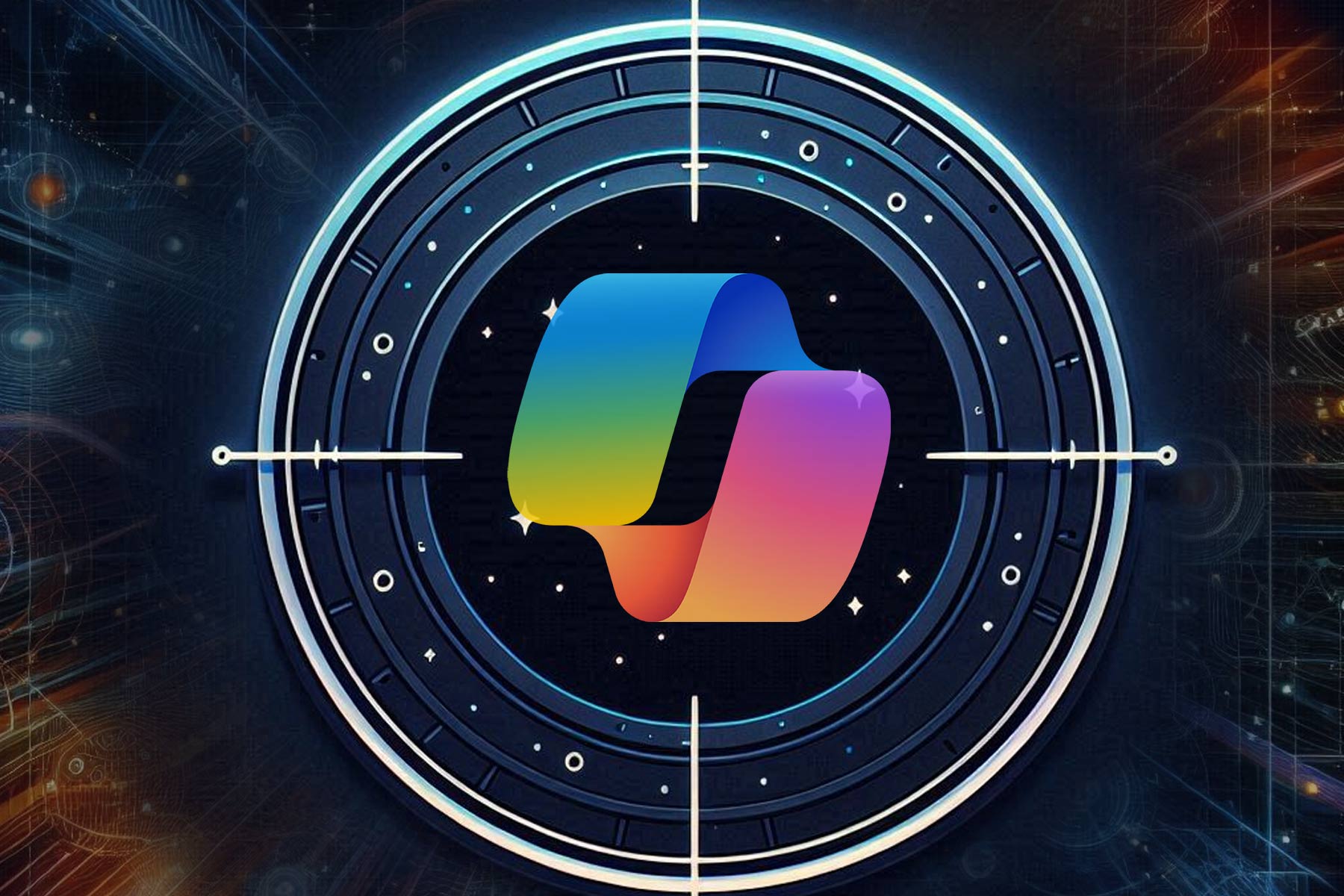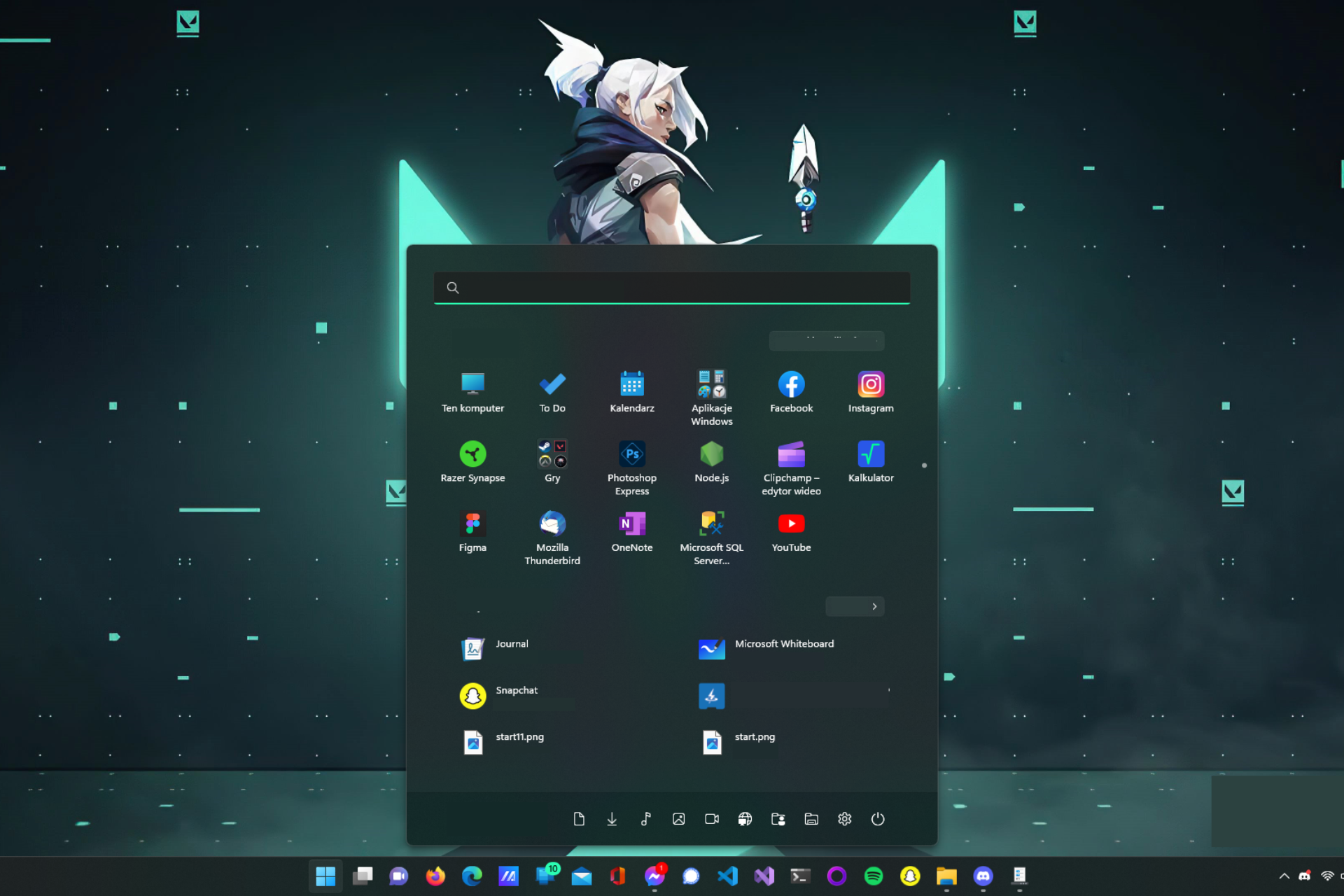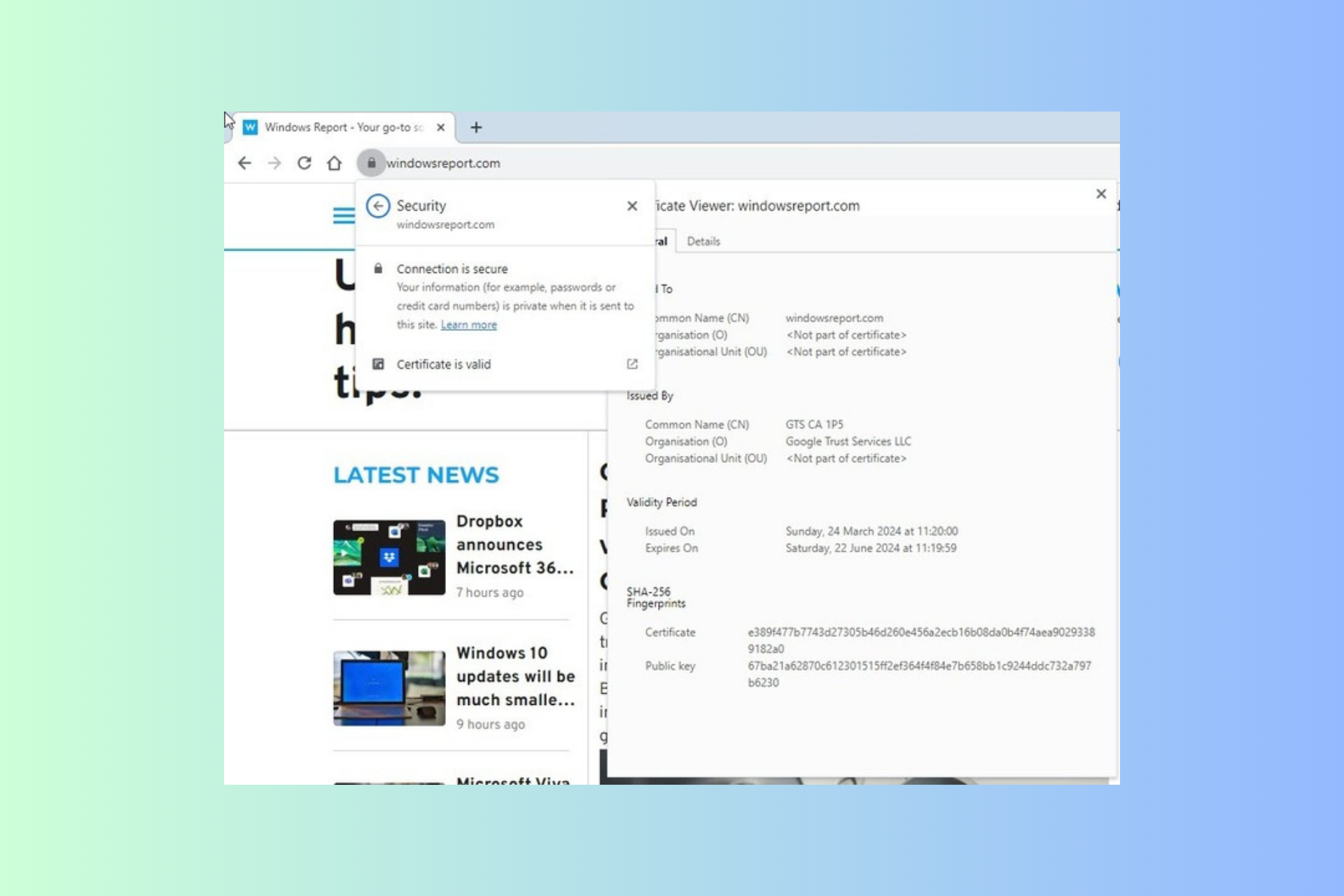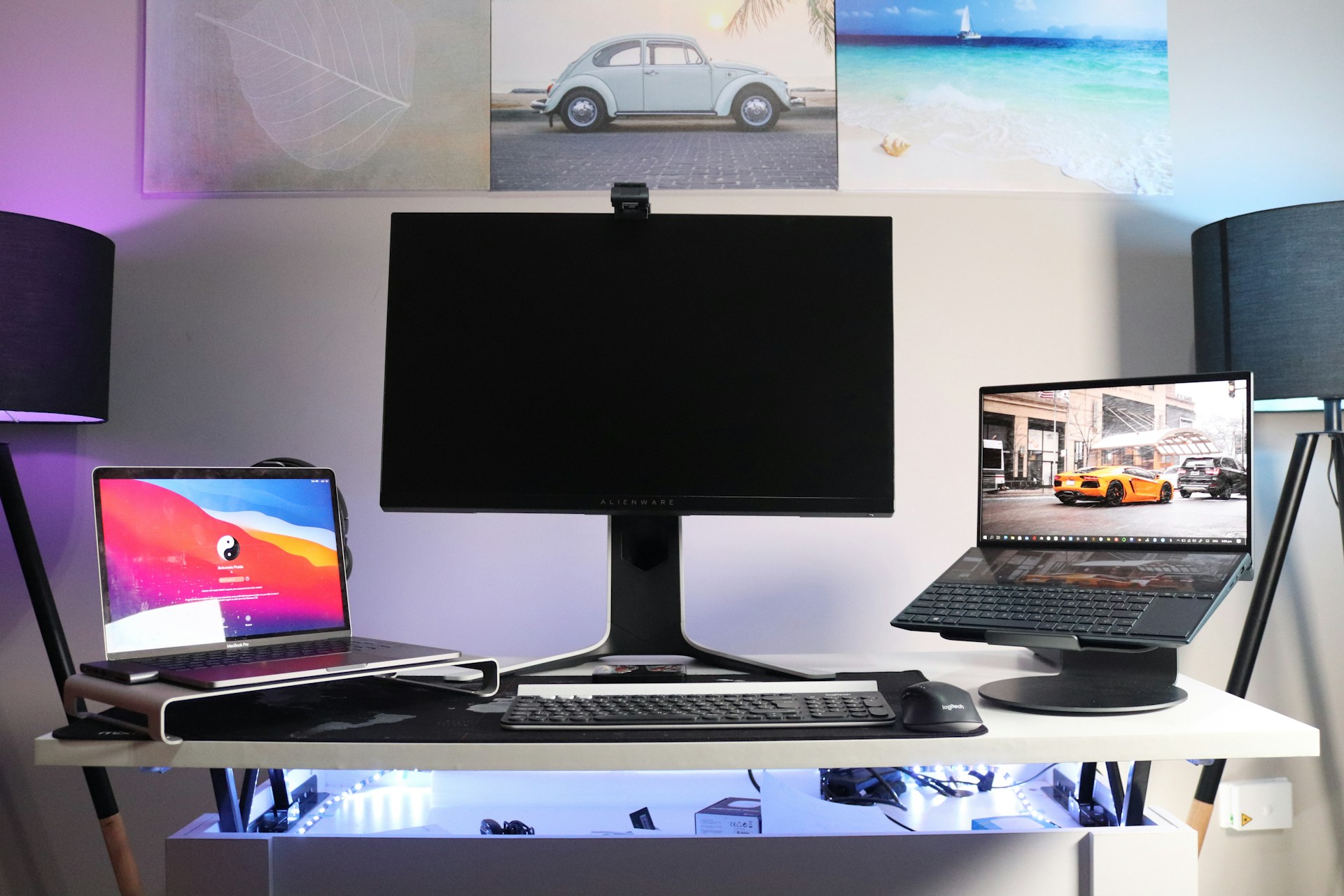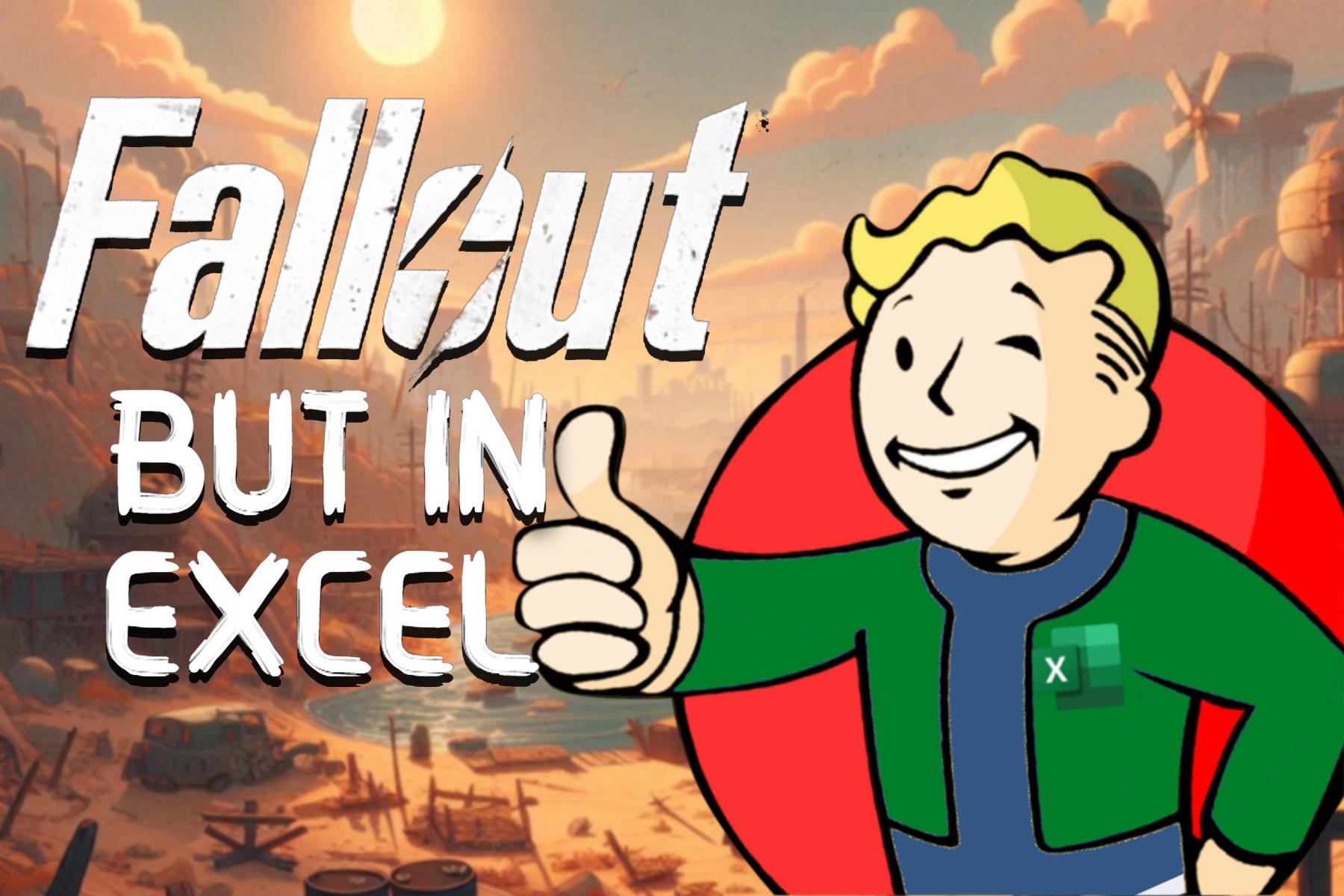Microsoft’s next Surface Pen could double as a bluetooth earpiece
2 min. read
Published on
Read our disclosure page to find out how can you help Windows Report sustain the editorial team Read more
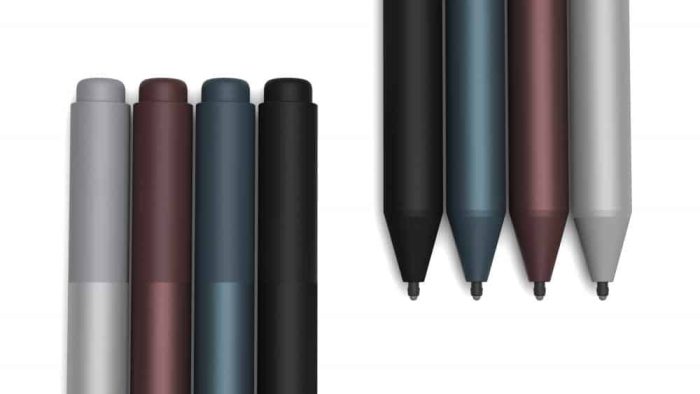
Microsoft, like many other companies that offer devices reliant on peripherals, is constantly looking for the most convenient and logical way to transport those gadgets to help support their main device offering.
Recently, Microsoft pioneered the magnetic attachment area on its Surface Pro to help hold the Surface Pen in place when not in use and not it seems the company has an evolved idea about where the pen can go and be of secondary.
Based on a recently revealed patent, Microsoft may be looking into producing a less rigid Surface Pen that would double as a possible Bluetooth communication device when not being used to draw or sign documents on the Surface Pro.
The Abstract of the patent is as follows:
A computer peripheral includes a stylus having a capacitive stylus nib and an earpiece dock. An earpiece is removably dockable at the earpiece dock. The earpiece includes a speaker, an earpiece battery, and a wireless radio configured to communicatively couple with a host device. The computer peripheral further includes a charger configured to receive power, and while the earpiece is docked, to use the power to charge the earpiece battery.

Based on the description notes and the images, users will be able to flex the pen in an over the ear fashion to get the pen to comport to a Bluetooth tool capable of receiving and sending audio.
Microsoft’s vision is that the Surface Pen will retain all of its previous benefits when built completely rigid, such as inductive charging, magnetic attachment, and integrated battery while also offering new functionality in a bone conductive speaker and laser pointer hardware support.
Once again, we’re reminded these are just patents and may never see the light of day beyond that. However, it would a sort of game changer if Microsoft can pull this one off.

